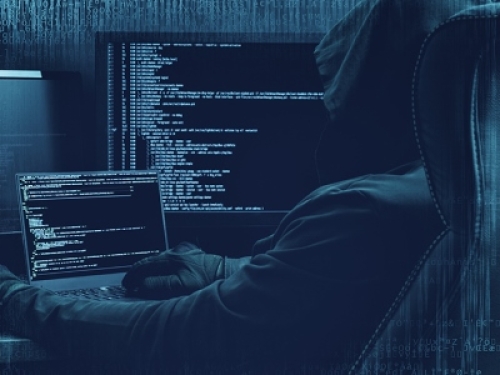In 2022, the amount of personal data on the dark web has tripled compared to the previous year. These are mainly individual or company email addresses, passwords, and phone numbers. The number of available combinations is also growing: emails are increasingly associated with a password (90.5% of cases), since the latter is also frequently shared with a username (71.7%).
The presence of information about credit cards is growing: in addition to the number, you can find the security code (CVV – Card Verification Value) and the expiration date, in 98.1% of cases. This is the combination of available information that records the main increase compared to 2021: +10.5 per cent.
This is shown by the latest findings from the Cyber Observatory created by Crif, which analyzes the vulnerability of people and companies to cyber attacks and interprets key trends related to data exposed in open and dark web environments.
The countries most exposed to credit card data exchange are the United States, Russia, the United Kingdom, Brazil, and India.
Italy ranks 14th in the world. “In the second half of 2022, on the dark web, there is a significant increase in the presence of information related to credit cards – comments Beatrice Rubini, CEO of Crifd – along with personal data and security codes. Another sensitive issue is that of checking account access, Iban is combined with other information. Knowing many details allows you to use the data for highly targeted phishing attacks. Not to mention that social engineering techniques are increasingly creating messages that are difficult to interpret in their authenticity, and which also appeal to feelings ».
From the focus on the Italian situation carried out by Crif’s Cyber Observatory, it is clear that the geographical regions most affected by the phenomenon of spreading data on the dark web are the North (37.8%) and the Center (36%), but they are relatively. It is the residents of the south and northeast who receive more alerts. In particular, the regions where the most people are alerted are Lazio (21.1%), Lombardy (14%) and Campania (7.9%), but the phenomenon of alerts affects the population of Sicily, Molise and Umbria.
Moreover, thanks to the ranking of the most caught emails on the dark web, by provider locating, the .it domain ranks sixth most affected by online password theft. On the dark web, email credentials will be the most prevalent in 2022, followed by a phone number, and in third place is a tax code. Instead, the types of data collected on the open, publicly accessible web are email (46.7% of data collected), tax code (34.5%) followed by phone number (11.5%), username (3.7%). ) and title (3.7 percent).
“Our life – adds Roubini – also takes place to a large extent via the Internet, and this involuntarily leads us to share a greater number of information and explains the increased exposure to these phenomena. These are aspects that may not even relate to payment tools, but relate to different channels such as social media. Lets Accessing these accounts allows you to obtain new information, access people’s contacts, and carry out a fraud scheme that becomes doubly so.”
In fact, data theft to access social media has recorded a 125.8% increase worldwide in the past year. Through qualitative analysis of the contexts in which the data is handled, the accounts have been categorized according to the purpose of use. Most of the detected accounts are for entertainment (37.2%), especially online games and online dating sites. In second place is forum and website account theft (28.4% of detected accounts) with a +23.6% increase. Third place in social networking sites.
The annual decrease (-59.3%) related to data theft to access streaming platforms was significant. In 2021, the number of active accounts in these categories increased after the pandemic, which also attracted the attention of hackers. Finally, here are 5 tips to protect yourself:
1) Suspicious emails or messages should always be discarded.
2) Do not use the same password for all social media or email.
3) Never report credit card numbers when receiving calls from virtual banks.
4) For online purchases, it is a good practice to use a prepaid card and prefer a computer over a smartphone for crossovers.
5) It is best to avoid shopping on the web when you are connected to unprotected wi-fi.
In short, we must be human firewalls, and learn to take care of our software.



